My May and June have been a little manic - one writing retreat, two camping trips, eighty papers to mark, a week of chicken pox, a 6th birthday party, half term, a week teaching a residential course, a two day training programme for work, a four day summer festival, hosting three events, giving one poetry reading and running a couple of workshops didn’t leave as much time for reading as I hoped! So here are my May and June recommendations - I hope you are tempted to buy a few of these yourself.
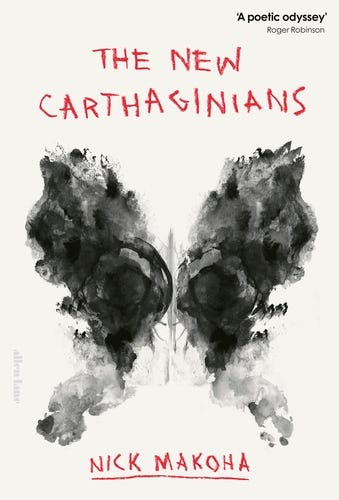

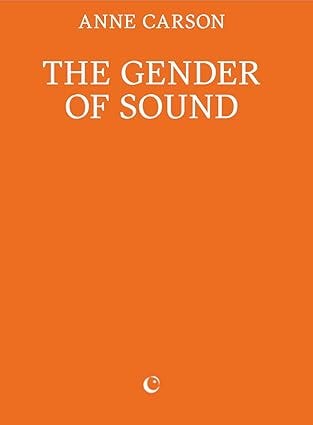
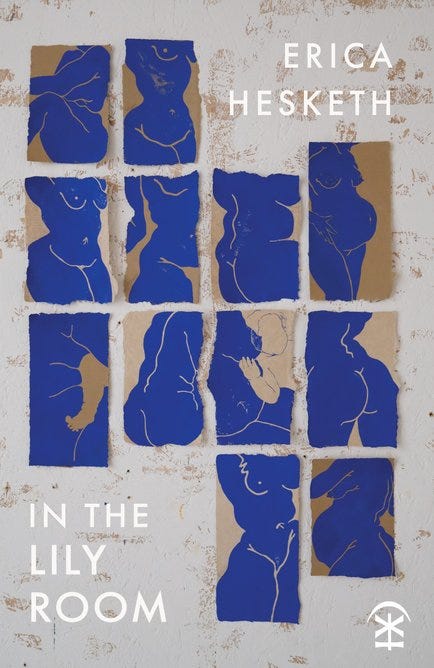

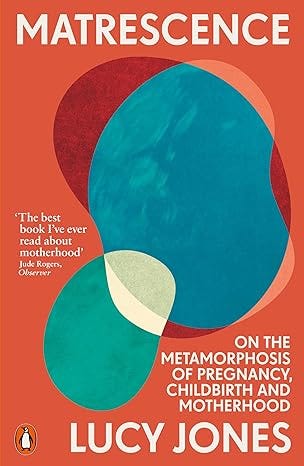
Quartet for the End of Time: On Music, Grief & Birdsong
MICHAEL SYMMONS ROBERTS
One of the things that has kept me extremely busy this month is co-organising the Manchester Writing School Summer Festival, alongside some of my colleagues at the Writing School. This year the festival took place over four days - two of which were online and two in person. All of the sessions were taught in-house by our team of amazing writers at Manchester Metropolitan University.
One of the events was an in-conversation event with Professor Michael Symmons Roberts and I was lucky enough to get the job of hosting this. As the book has not long been published, I did a speed read over the weekend before hosting the event, and since then have re-read it at a much more leisurely pace!
Michael sets out to explore his lifelong fascination with Olivier Messiaen’s “Quartet for the End of Time” and this is one of the threads that runs through the book. He delves into the mythology that’s told about the premiere of this piece - that it was first performed in a prisoner of war camp in 1941 to other prisoners, and the real story behind the myth. This is just one thread though - and woven within what you might call this musicological writing are other threads - there is a thread here about grief as the writer comes to terms with the death of his parents, a thread about place, and about how poems are written, a thread about doubt and faith. All of these threads are woven together in what I would call a beautiful braided lyric essay - except there is another facet to this. Each chapter uses as its title the name of a movement from “Quartet for the End of Time” - in lyric essay terms, this could be called a hermit crab lyric essay - so perhaps what this book is, is a cross between the two.
We talked a little bit about artists who create what they create despite what is going on around them and cautiously wondered whether Messiaen was one of those - despite the mythology of Quartet for the End of Time being so closely associated with the prisoner of war camp, a lot of the music was composed elsewhere. We hear the piece through the spectre of war, but perhaps he would have written the same piece if he was in Paris, though that of course is something we won’t ever know.
We also talked about artists who are affected creatively by social, political and personal events. Michael talked a little bit about the book he’d set out to write compared to the book he ended up with, and how Covid and lockdown and the death of his parents changed not just what he was writing, but how he was writing. I wonder now if the fragmentary nature of the lyric essay, and the shell of the hermit crab felt like a kind of protection when dealing with this material.
It is a wonderful book and I would highly recommend if you’re interested in how to combine poetry and prose, global and personal history, biography and autobiography.
The Gender of Sound
ANNE CARSON
My friend Amanda Dalton got me this book as a present. It’s quite short, only 33 pages and I read it this afternoon in the garden in blazing sunshine, beginning to end in one delicious gulp. It’s another prose book, and Carson sets out her stall right from the first sentence:
"It is in large part according to the sounds people make that we judge them sane or insane, male or female, good, evil, trustworthy, depressive, marriageable, moribund, likely or unlikely to make war on us, little better than animals, inspired by God." The Gender of Sound, Anne Carson
She had me hooked straight away. By the third sentence, she has travelled back to Ancient Greece, because she’s Anne Carson and she can do what she likes, and I followed:
"Aristotle tells us that the high-pitched voice of the female is one evidence of her evil disposition, for creatures who are brave or just (like lions, bulls, roosters and the human male) have large deep voices" The Gender of Sound, Anne Carson
She talks about the way that women’s voices have been criticised on two levels: for their ‘quality of voice and use of voice’ throughout history, nimbly leaping from Ancient Greece to Margaret Thatcher, who she writes “trained for years with a vocal coach to make her voice sound more like those of the other Honourable Members and still earned the nickname Attila the Hen.” She points out that ‘Madness and witchery as well as bestiality are conditions commonly associated with the use of the female voice in public, in ancient as well as modern contexts’
I loved her list of mythological women whose stories are bound up so much with their voices - she lists the Furies, the Sirens, Helen of Troy, Kassandra, Artemis and Echo. One of the many things that I’ll take away with me from this book is the description of Echo by Sophokles as ‘the girl with no door on her mouth’.
Is it bad luck to talk about ideas? I don’t know - but I have an idea now for an essay using this book as a kind of trampoline to propel me into thinking about how contemporary female poets write about the voice. I’m thinking about having ‘the girl with no door on her mouth’ as a tattoo. I’m thinking about changing my life, which is all standard behaviour after reading Anne Carson.
In the Lily Room
ERICA HESKETH
A debut collection from Erica Hesketh, published by Nine Arches Press. I met Erica a few years ago on a residential writing course and during a tutorial she showed me a poem that absolutely blew me away, so it’s very gratifying to see that she has her first book out now.
Erica was a guest poet at the Wordsworth Grasmere online reading series I host which is called Go to the Poets, they will speak to thee. You can find more information about the event series here.
In the Lily Room explores the early time of new motherhood. There were so many times reading these poems that I felt the shock of recognition, of remembering things I’d forgotten. The way other adults keep calling you mummy and how it made my skin crawl! One of my favourite poems is “A handsome couple”. The speaker has just given birth and goes for a first walk with the baby and her partner and they see the ‘handsome couple’ of the title. The woman is heavily pregnant and when they realise this, the poem comes to an abrupt end: “Oh, we gaped / from the other side / of the membrane.”
Another favourite is “The Fish” which starts “My mother sent an iron fish / from Kanagawa for my anaemia” which is beautifully in conversation with one of my other favourite poems “The Fish” by Elizabeth Bishop.
All the extremes of motherhood are here - yes, explorations of mental illness, of depression, anxiety, but also awe and wonder and love in poems like “Sleep Songs” when we get the lines
“But oh, how I loved your face when you first saw snow - like the sky had beckoned you to the window to tell you its very best secret...”
We get elation as well - here is my favourite stanza from “You know the feeling” about a run for a bus that arrives three minutes early (which coincidentally I think also is in conversation with Sharon Olds “The Race” - another fabulous poem of a woman running through an airport to catch a flight to see her dying father).
up pops the pram cover the incredulous look and you're laughing now the wind in your hair you fabulous bitch and then you bounce into the road and up the other side
Spoiler - mother and baby make it.
Matrescence
LUCY JONES
I bought this book after visiting The Hepworth Gallery in Wakefield a few weeks ago. It’s a book I wish I’d read earlier on - and so much of what Lucy Jones writes about in carefully researched prose are similar themes to what many female poets (ie. Erica Hesketh) are exploring in poetry. One of the things I loved about the book was that each chapter opens with something from nature that transforms miraculously - so we get a short piece on tadpoles of course which opens chapter 1, but we also meet slime moulds and caterpillars and volcanoes and eels and aurora borealis.
This book made me feel a little more normal - that it is normal to feel as if you have changed, or lost your sense of self, or perhaps even exceeded your self after giving birth. Some of your cells are in your baby, some of her cells are in you - your self has literally passed through the boundaries of your body, of course you feel different. As Lucy Jones puts it: “From the moment I was pregnant, I didn’t just feel different. I was different. I am different. On a cellular level. I would never be singular again.”
One of the things I loved about the book was its acknowledgement of how difficult motherhood was, whilst refusing to accept the cultural messages that we are told about motherhood. That motherhood can be a “vehicle for social change”. That it can be a time when the “dross can be burned off and the wilder, more authentic self remains.” That the potential of motherhood is “currently dammed up by the cultural neutering of motherhood as a site of unthinking drudgery, ‘natural’ fulfilment and staid social norms that belie its wildness, passion, universality and queerness.”
I both tell myself the story of the drudgery of motherhood and also try and resist it. This book reminded me that I finished my PhD when my daughter was nine months old, that most of it was written after she was born. I have photos of her asleep on my chest, with my laptop balanced on her back and a pile of books next to me on the table. That it was a wild, queer, passionate time where I did some of my deepest thinking and writing. That the male poet who told me that I hadn’t worked hard enough on All the Men I Never Married, that I’d perhaps been distracted by early motherhood was wrong, even though at the time I wept because I thought he was right.
The Home Child
LIZ BERRY
This was another re-read because I was doing an in-conversation event with Liz Berry and musician Ruth Angell at Wainsgate Chapel, a beautiful old chapel between Old Town (where I live) and the next village Pecket Well. I think The Home Child is an extraordinary book, and I often recommend it to students who are trying to tell a story using lyric poetry (as opposed to writing prose or moving towards narrative poetry).
The book explores the true story of Liz’s great aunt, Eliza Showell who was sent from Middlemore Children’s Emigration Homes in Birmingham to rural Nova Scotia, aged 12 after being orphaned.
The first poem “Children’s Emigration Home Birmingham, December 1907” opens with an image of Eliza:
A girl stands at the barred window of 157 St Luke's Road, watching snow fall upon the cobbled fode.
It’s a fascinating, deeply moving book and a masterclass in how poetry can become a way of knowing or a way of producing knowledge, filling in the gaps in the stories that we cannot know.
The performance at Wainsgate featured Liz reading alongside the brilliant musician Ruth Angell who played the violin and the accordion. The next event is with Jason Allen-Paisant and John McAuliffe - sadly I will be on a family holiday in Spain, but if you are within striking distance of Hebden Bridge, you should definitely go. Any money made from these events goes towards renovating this beautiful community space.
The New Carthaginians
NICK MAKOHA
I’ve read this collection twice through now – and it’s definitely a collection I will come back to again. It’s the kind of book I would travel with if I didn’t have much room in my bag, because it’s so rich - the poems here constantly send you out from their pages to find out more about the history or the politics or the art that Nick is exploring through poetry.
The central event the collection concerns itself with is the 1976 hijacking of an Air France plane which landed at Entebbe airport in Uganda – the start of a series of events that would end with the poet leaving the country. As well as this engagement with recent history, there’s also a deep engagement with the artist Jean-Michael Basquiat, the figure of Icarus and the figure of the Poet. Some of my favourite poems in the collection are the ones where a combination of these three figures are talking and engaging and grappling with ideas and philosophies together.
In the poem ‘Prologue’ the poet writes “I am here to look at the unattended moment” which tells us something of the approach throughout the collection. One of the ways he does this is through an innovative use of footnotes, which become prose poems in themselves – as a reader, I felt as if I was in constant motion, moving down the page and back again, and then out from the covers of the book to look up more information. This playfulness in terms of form I really enjoyed – it is often in the aside of the footnote that we get further insight into the creative process – for example in one, he writes: “I was ready to connect history to art, the way moonlight connects the sky to the sea. Or maybe I was just hedging my bets.”
The importance of story in these poems can’t be underestimated, but it is a fragmented narrative, and perhaps more important than story is who gets to tell the story. In the second section of ‘76’ he writes “We are seven days away / from the 4th of July but this is not an American story”.
I have permission from Nick to share a poem from the book so I chose “Icarus Talks to the Poet on Rodeo Drive About Leaving”. I thought this was a great poem to give you a sense of the collection, because all three of the men which keep coming back throughout the collection are there: Basquiat, Icarus and the Poet. The Poet becomes a kind of silent witness, a faithful recorder of Icarus’s story.
ICARUS TALKS TO THE POET ON RODEO DRIVE ABOUT LEAVING NICK MAKOHA We arrive back late at night. Basquiat is bent in prayer. A canvas hung on the wall. The late L.A. sunset has found my face. He is whispering something about how his paintbrush is the tip of a spear or the tip of the world at dusk. A wingbeat, the caves, the wind: in fact all falling is an act of flight. DaVinci knew that. Because winged men falling through a membrane of sky was part of Milton's dream. Ovid was an eyewitness. He knew exile was a way of saying, my country is beautiful, or the distance kills me. Above the outskirts of a city, who wants to become a missing thing? To leave this place you must take something and break it. In the time of myth, I was dead. When I was a boy, I was dead. When I was a parable, and a painting, I was dead. Only Basquiat saw me at the edge of the world, and did not turn away when the sky was a window as it has always been.




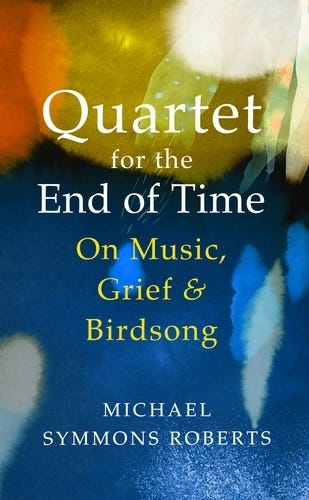
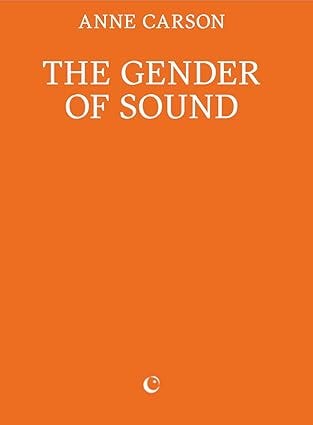
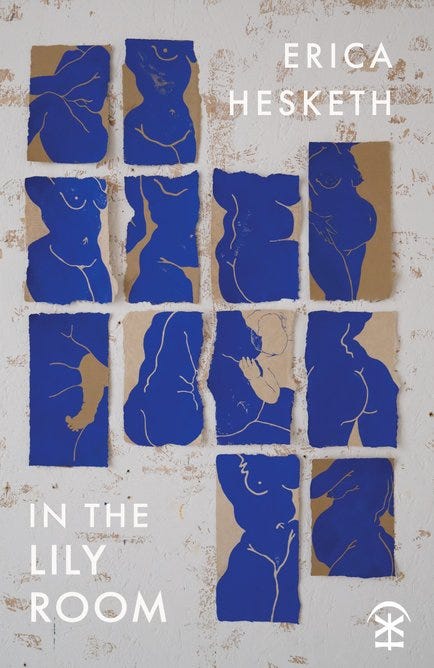

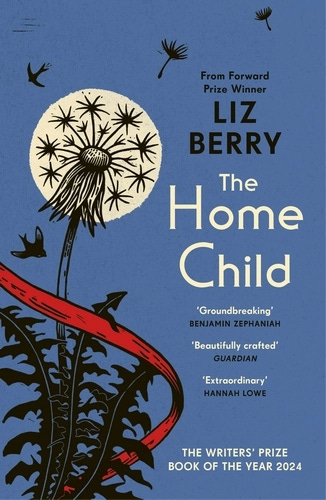

Just wow. Thank you Kim. Talk about what we can achieve even when over-burdened! You are a pier-house Kim. Typo. A power-house, even. I only got past the Michael Symons-Roberts conversation and my finger itching to order the book.. then the Anne Carson.. How am I going to fit all this into my one wild and precious life. I am!